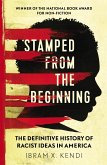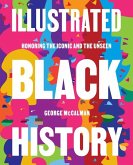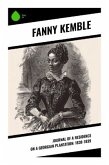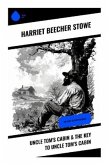In "Black Rebellion," Thomas Wentworth Higginson presents a profound analysis of slave uprisings in America, engaging both historical narratives and the fervent cultural currents of his time. Higginson's literary style is characterized by a blend of rigorous historical documentation and compelling narrative prose, as he carefully chronicles the struggles and triumphs of enslaved individuals who rose against their oppressors. This work is situated within the broader context of 19th-century abolitionist literature, aiming to illuminate the complexities of resistance and the moral imperatives that propelled these brave confrontations against the institution of slavery. A prominent abolitionist, Higginson was deeply influenced by the socio-political landscape of pre-Civil War America, drawing from his own experiences as a soldier and a leader in the fight for emancipation. His intimate knowledge of the plight of African Americans, paired with his commitment to social justice, inspired him to document these historical rebellions. Higginson's unique position within the abolitionist movement lends a passionate authenticity to his writing, as he advocates for the recognition of Black agency and courage. "Black Rebellion" is essential reading for those interested in American history, literature, and the study of resistance. Higginson's eloquent treatment of a critical aspect of American identity challenges readers to engage with the legacy of slavery and to consider the enduring impact of rebellion on the quest for justice and equality. This work is a powerful testament to the spirit of freedom and the fight against oppression, making it a valuable contribution to both scholarly discourse and general understanding.








